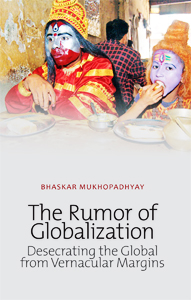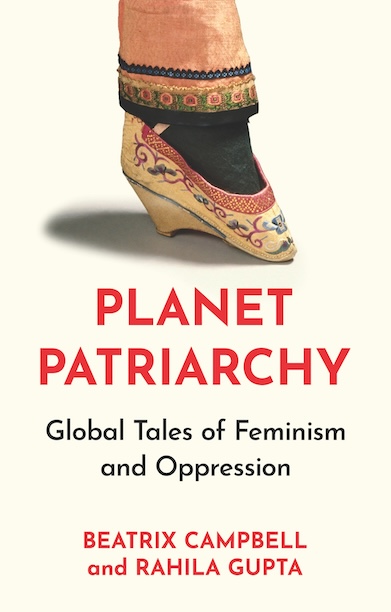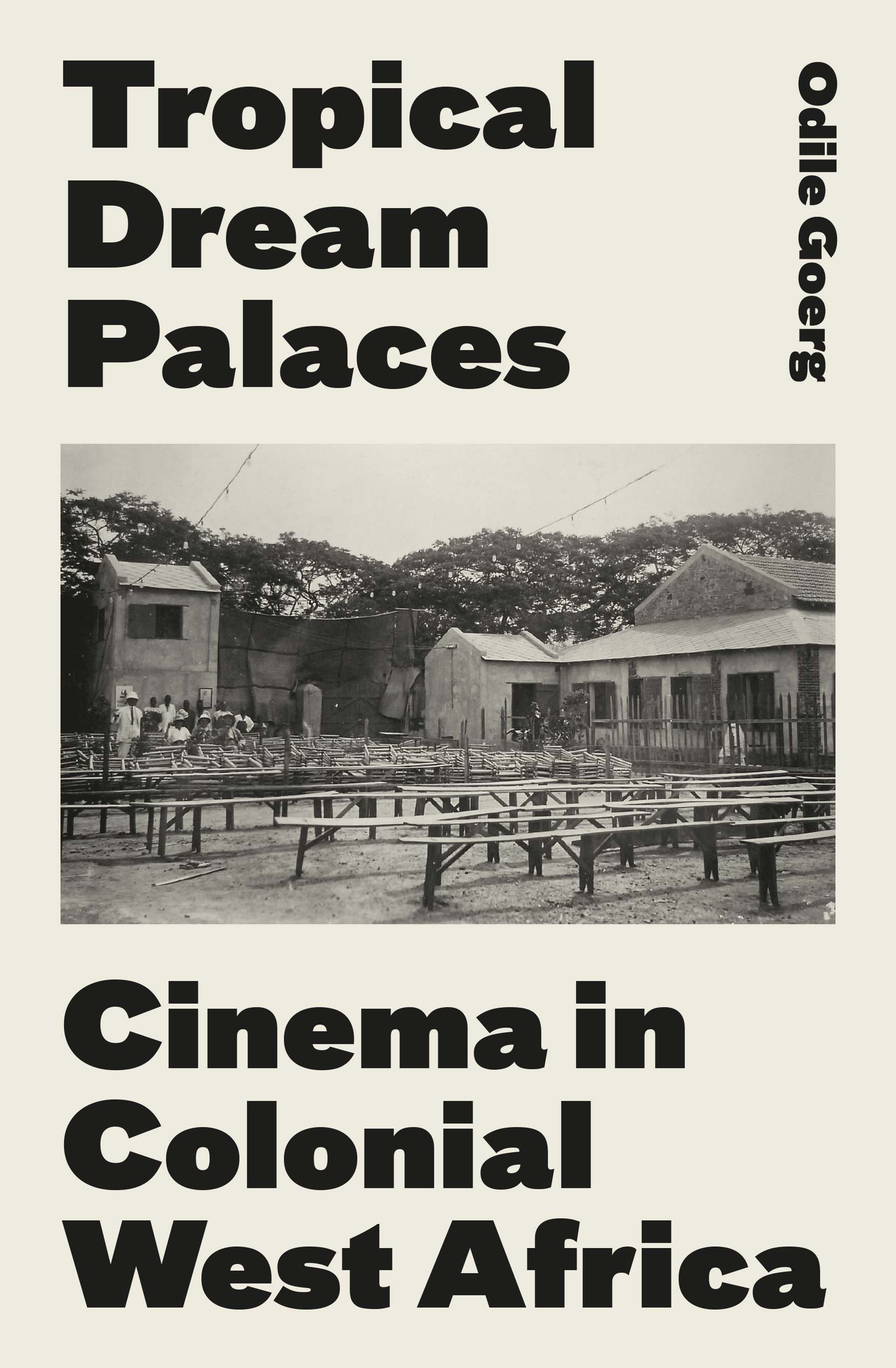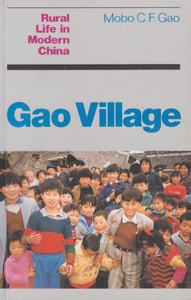The Rumor of Globalization
Desecrating the Global from Vernacular Margins
‘An exemplary piece of analysis of the social Imaginary: urgent, attentive, theoretically and politically dissident, an accomplished work of the scholarly imagination.’ — John Frow
Description
Drawing on recent theories of virtuality, performativity, and governmentality, and on post-colonial activist scholarship, this book presents a series of ethnographic and archival studies of what Mukhopadhyay terms ‘vernacular globalisation’ in India.
The book’s six provocative chapters cover a wide range of events, objects, histories, narratives and episodes with the intent of interrogating what Franz Fanon called the ‘zone of occult instability where the people dwell’. They span subjects as diverse as the quotidian commodity fetishism of rural cargo cults which thrive on bazaar rumours about Chinese dumping in Communist Calcutta; desi cyberporn showcasing ‘fat aunties’ and Gandhi; Indo-Persian travelogues about England and women’s travel narratives to Japan, embodying local traditions of cosmopolitanism; folk scroll paintings about 9/11 in the art historical mode; and vernacular civic traditions of urbanism as interpreted through grotty slum photographs.
The Rumour of Globlization presents facades of vernacular India negotiating globalising forces through a distinctive style of ethnography (fabulation) which is sensitive to subaltern political aspirations while maintaining a broad commitment to Marxist theory, Subaltern Studies scholarship and post-structuralist theory.
Reviews
‘With its broad erudition deeply grounded in an exploration of vernacular practices, above all in his native Bengal, Mukhopadhyay’s The Rumor of Globalization is an exemplary piece of analysis of the social Imaginary: urgent, attentive, theoretically and politically dissident, an accomplished work of the scholarly imagination.’ — John Frow, author of Time and Commodity Culture: Essays in Cultural Theory and Postmodernity
‘Working against the pieties of the Left, The Rumor of Globalization foregrounds the active participation of the marginalised and the excluded in the narrative of globalisation with their own desires, agencies, and economies. Combining grassroots fieldwork with theoretical flair, Mukhopadhyay inserts a new corporeality and grit in the reading of subaltern contemporaneity in India today.’ — Rustom Bharucha, School of Arts and Aesthetics, Jawaharlal Nehru University, Delhi
‘There is a subaltern global that critiques the globalised world of the elite. Bengal villagers imagine that there are amazingly cheap Chinese bicycles — “a gift of globalisation” — that they are being prevented from buying; Bengal scroll painters sing about the burning towers in New York; Indian males fantasise on cyberporn sites not about supermodels but fat aunts. Bhaskar Mukhopadhyay argues with great power and erudition that the everyday lives of ordinary people have become globally connected through vernacular imaginaries.’ — Partha Chatterjee, Professor of Anthropology and South Asian Studies, Columbia University, and author of The Nation and its Fragments
‘Bhaskar Mukhopadhyay’s incisive critical ethnographies establish a new voice and a new style of writing about India in all its compromised and beautiful complexity. Absolutely original, demanding and essential.’ — Christopher Pinney, Professor of Anthropology and Visual Culture, University College London
Author(s)
Bhaskar Mukhopadhyay (PhD, Calcutta) is Lecturer in Cultural Studies at Goldsmiths, University of London. He has taught at Calcutta University, Jadavpur University and VU Wellington and co-edited (with John Marriott and Partha Chatterjee) six-volumes of archival materials on colonial India, Britain in India (1765-1905). Some of Mukhopadhyay’s many journal articles have been translated into French and Chinese. He also writes in Bengali and is involved with Indian activist organisations.






